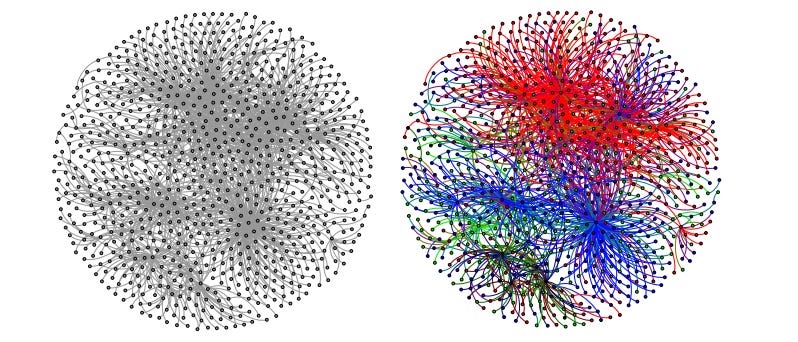One human question, in particular, haunts me: What effect will Twitter’s decision to ban Trump have on the mimetic escalation of desire? On the desire to use violence in other to vanquish the “Other”? The most eye-opening and throat-swallowing part of that first hour after the ban was hearing how many thoughtful people on both sides had a shiver go... See more

